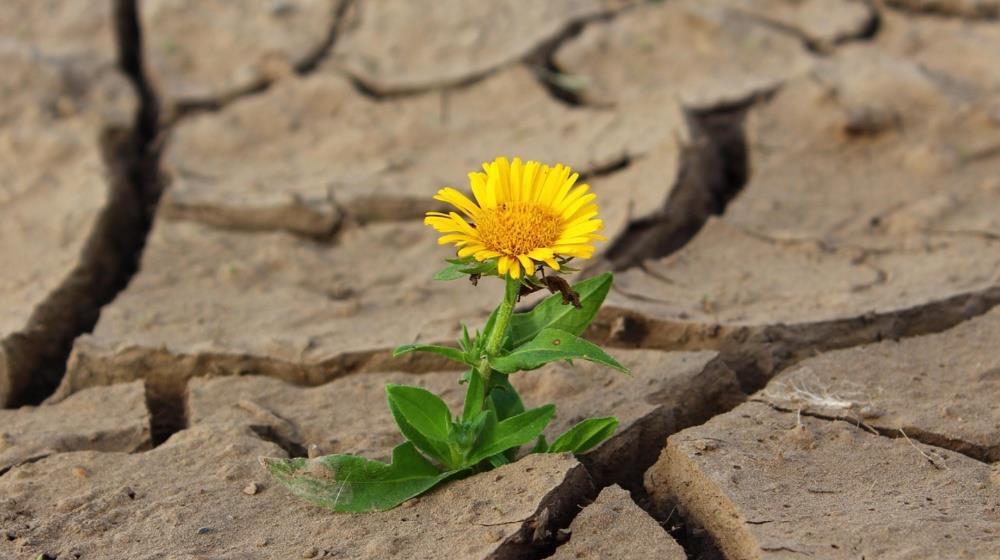The prolonged drought and extreme weather events have created new challenges and caused damage to agricultural production, the Director of the Department of Agriculture at the Ministry of Agriculture, Rural Development, and Environment, Dr. Makis Antoniadis, has said.
Speaking to the Cyprus News Agency (CNA) he continued that the assessment of damages to cereals has been completed, while the process is ongoing for vineyards. Additionally, financial support will be sought from the EU.
The Director of the Department of Agriculture said that the Department is monitoring the development of the drought and its impact on agricultural crops.
As he said, within the framework of the Risk Management Fund, the risk of drought is also being examined, and through this, it is expected that those affected will be compensated.
Specifically, regarding grains, he noted that the damage assessment has been completed, the findings determining the percentage of damage per case have been issued, and objections have also been examined. "We are now at the stage of assessing the extent of the damage in order to disburse the compensation," he stated, noting that it is estimated that the calculation of the final amount will be completed around mid-October, and the payment of the amounts to the affected grain producers will be finalized before the end of the year.
At the same time, he added that the examination of potential damages to other crops, such as vineyards, is ongoing, while the Department is also closely monitoring annual crops, which rely on rainfall that was scarce this year.
When asked if there will be a gap in the market due to the damages, he said that there is a significant reduction in production; however, the gap in the market is being covered by imports. "There is no issue of finding animal feed", he said, although he noted the increased costs associated with imports.
At an executive level, Antoniadis said that the Minister of Agriculture, Dr. Maria Panayiotou, intends to send a letter to the EU Commissioner for Agriculture and Fisheries, informing them about the situation in Cyprus and the impact of the drought on crops. Additionally, she will raise the issue at the agenda of the next Council of EU Agriculture Ministers in September, where she will inform the Ministers of the EU member states and call on the Commission to activate mechanisms for support, including the activation of the Agricultural Reserve Fund. He noted that a similar activation of the Fund last year provided Cyprus with €3 million.
When asked how farmers are currently irrigating their crops, he referred to a decision by the Water Development Department, according to which 30% of the water needs for permanent crops are being provided to ensure their survival. Additionally, water is being allocated for crops that had already been planted by April, to allow the established plantations to complete their cycle. Beyond that, he noted, no water is being released from the dams, and farmers’ needs are being met through private wells.
Based on data from the Ministry, he added, "there does not appear to have been a reduction in the areas planted for annual crops this year. I believe that most of the problems will arise next year if this drought continues, because private wells will also start to dry up".
Antoniadis also referred to the strategy that has been approved and to a study commissioned by the University of Cyprus, which will examine the impact of the drought on crops.
Asked about the measures the Department of Agriculture can take to improve the situation, he said that the tools available to the Department include the Risk Management Fund, which is a mechanism designed to protect farmers' income from similar conditions, as well as the possibility of requesting support from the European Commission.
Additionally, he referred to the strategic plan of the Common Agricultural Policy (CAP), which includes specific agri-environmental measures and tools that can be used for smart irrigation and reducing unnecessary water consumption. The Department of Agriculture also provides advisory applications to reduce water usage and promote best practices for better water utilization.
Finally, he noted that a scheme for smart irrigation systems will be announced in September.
(Source: CNA)









